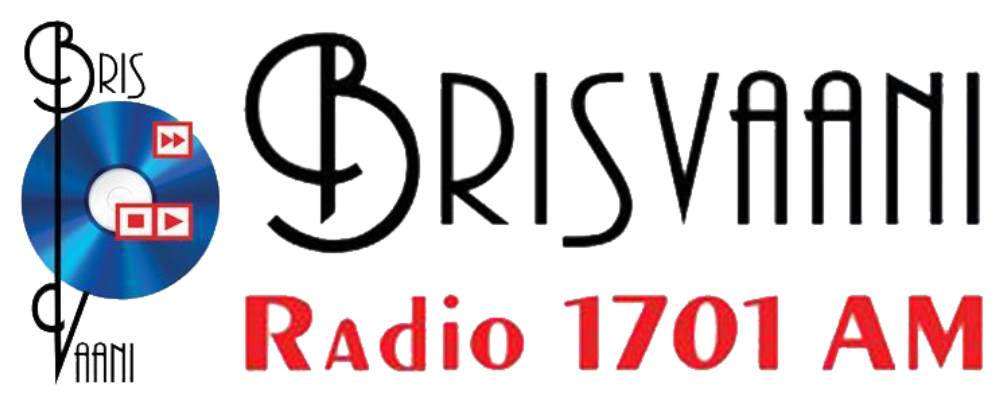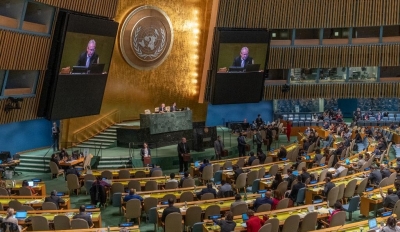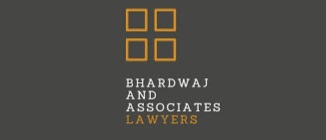United Nations, Aug 27 (IANS) – For the 17th consecutive year, the UN General Assembly has postponed substantive action on reforming the Security Council, once again failing to reach consensus on a text that would set the agenda for negotiations.
On Tuesday, the Assembly unanimously adopted a resolution formally concluding its latest round of discussions and forwarding the matter to the next session, which begins next month.
Speaking on behalf of the G4 nations – India, Brazil, Germany, and Japan – Japanese diplomat Iriya Takayuki warned that continued inaction undermines global confidence in the UN.
“The ongoing failure to move forward on Security Council reform threatens trust in the United Nations and its ability to uphold the international order,” Iriya said. “Reform is urgently needed not only to strengthen the UN but also to safeguard global stability. This issue concerns all member states, not just a select few.”
The G4 advocates expanding both permanent and non-permanent seats on the Council, with the four nations backing each other’s bids for permanent membership.
Iriya noted that while the Inter-Governmental Negotiations (IGN) process made some progress, including a revised “Elements Paper” outlining member positions, the document still fails to reflect that most nations support an expansion of permanent and non-permanent seats.
Since the IGN began in 2009, progress has been blocked by the Uniting for Consensus (UfC) group, led by Italy and including Pakistan, which opposes adopting a formal negotiating text without unanimous agreement.
General Assembly President Philomen Yang’s spokesperson, Sharon Birch, said that despite the lack of a breakthrough, member engagement has increased and last year’s Pact of the Future, adopted by world leaders, has laid a “strong foundation” for eventual reforms.
The Security Council’s structure still reflects post-World War II power dynamics. It was last reformed 57 years ago when the number of non-permanent members increased from six to ten. However, permanent membership has remained unchanged, even as UN membership has grown from 113 to 193 nations.
The Council continues to have 15 members, including the five permanent members with veto power: the United States, the United Kingdom, China, France, and Russia (which holds the former Soviet Union’s seat).










